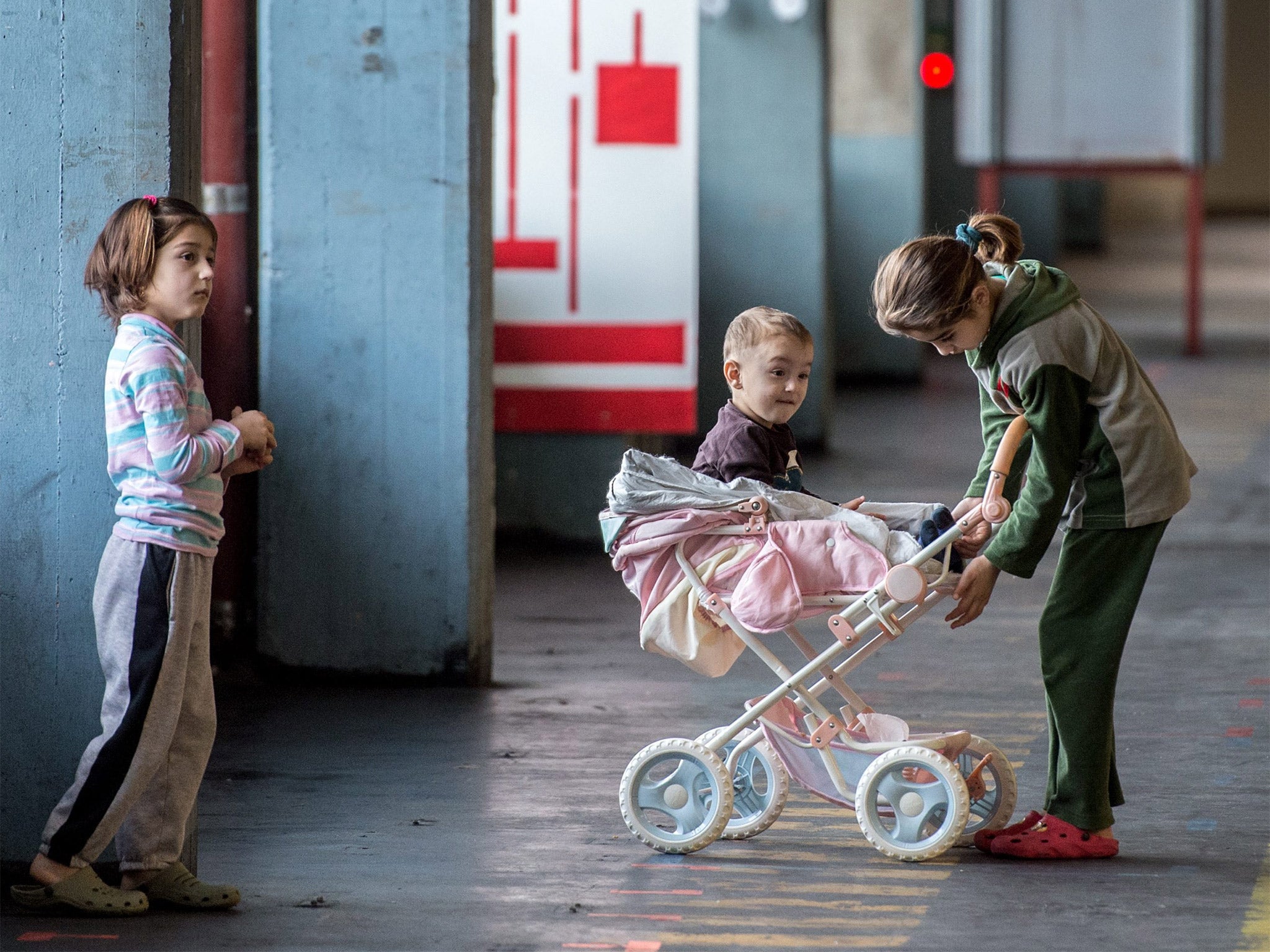Refugee crisis: Germany agrees new measures aimed at reducing arrivals
More speedy processing means it will be easier to return some asylum seekers

Your support helps us to tell the story
From reproductive rights to climate change to Big Tech, The Independent is on the ground when the story is developing. Whether it's investigating the financials of Elon Musk's pro-Trump PAC or producing our latest documentary, 'The A Word', which shines a light on the American women fighting for reproductive rights, we know how important it is to parse out the facts from the messaging.
At such a critical moment in US history, we need reporters on the ground. Your donation allows us to keep sending journalists to speak to both sides of the story.
The Independent is trusted by Americans across the entire political spectrum. And unlike many other quality news outlets, we choose not to lock Americans out of our reporting and analysis with paywalls. We believe quality journalism should be available to everyone, paid for by those who can afford it.
Your support makes all the difference.The German cabinet has approved a package of measures to speed up the handling of migrants who enter the country, and help cut the number of newcomers.
The new measures – previously agreed by Chancellor Angela Merkel’s coalition – involve the use of special centres to process speedily migrants who have little realistic chance of winning asylum. The government also plans to declare Morocco, Algeria and Tunisia safe countries of origin, making it easier to return people to those countries – something Germany did last year for several Balkan nations – and the new rules will also mean restrictions are placed on how soon refugees can bring relatives to Germany.
Ms Merkel has come under increasing pressure to reduce the number of migrants after 1.1 million entered Germany last year. Popular support for the Chancellor has tumbled to its lowest level for four-and-a-half years, a poll has shown, with a large majority of voters sceptical that her government has the refugee crisis under control.
The survey for public broadcaster ARD also showed a drop in support for Ms Merkel’s conservatives, while backing for the anti-immigrant Alternative for Germany (AfD) party rose to its highest ever point in the poll.
The survey showed just 46 per cent of Germans supported her, the lowest proportion since August 2011. In April last year before the fallout from the refugee crisis began, she enjoyed the backing of 75 per cent.
The poll also found that 81 perc ent did not believe the government was handling the refugee crisis well.
Finance minister Wolfgang Schäuble, a senior member in Ms Merkel’s cabinet and respected veteran in her centre-right bloc, defended Ms Merkel’s decision to open German borders.
“I think we have done the right thing,” Mr Schäuble said in a speech in Hamburg, adding that Germany also had a special responsibility in light of its Nazi past and its role during the Second World War. He said the fact that the government managed to hold out despite growing pressure would turn out to be a “strong asset” for Germany. Backing for Ms Merkel’s conservative bloc, comprised of her Christian Democrats (CDU) and the Bavarian Christian Social Union (CSU), also fell according to the survey.
The results of the poll highlight the challenge faced by Germany’s grand coalition parties – the CDU, CSU and Social Democrats – to convince voters they can master the refugee crisis before three state elections scheduled for next month.
The AfD rose three points to 12 per cent. The AfD leader suggested at the weekend that police be given powers to use firearms against illegal migrants.
Reuters; AP
Join our commenting forum
Join thought-provoking conversations, follow other Independent readers and see their replies
Comments